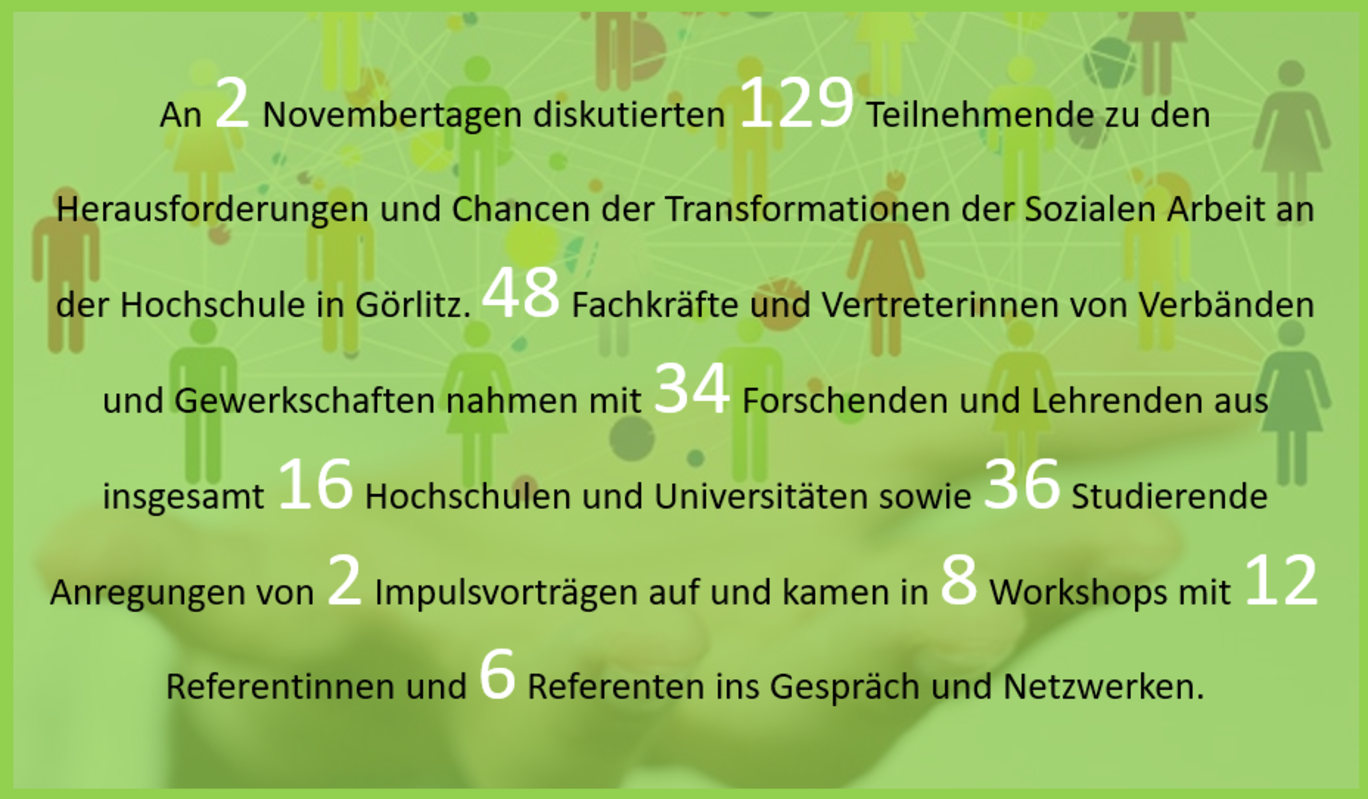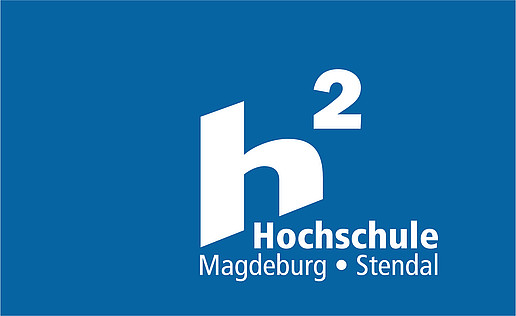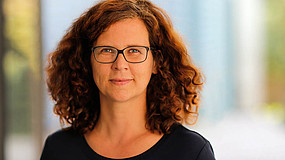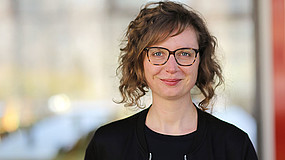
Social work in eastern Germany is undergoing a generational change. Employees who built up social work in the 1990s; committed people who got the associations and societies up and running; teachers who founded university education are retiring and new colleagues are also asking about the special challenges of social work in the eastern federal states, reflecting on their own socialization and dealing with the biographical backgrounds of addressees in East Germany.
It is time for a reflective-critical look back at the development - the political, social and institutional development of East German challenges and the specific approaches of the professionals involved, their addressees and the organizational embedding of social work. The confrontation with racism, the development of welfare associations and the training of professionals require consideration from an East German perspective in order to be able to derive approaches, methods and narratives of democracy education for social work and to recognize and address the associated challenges and opportunities.
We have cordially invited professionals, researchers and students to discuss with us the specific developments and transformations of social work in the new federal states and to jointly identify opportunities and tasks for research and practice.
In eight workshops, transformations in social work over the last 30 years were examined and critically analyzed. Researchers and professionals presented and discussed their contributions from the current book: "Genese Ost: Transformationen der Sozialen Arbeit in Deutschland" (Barbara Budrich Publishers). The topics were:
In addition to visualizing the specific development of social work in East Germany and the resulting opportunities and challenges, it is important to look to the future and derive tasks, approaches and mandates. The aim of the symposium was a mutual transfer of practical experience and research results in order to jointly and constructively shape social work in East Germany in the generational change.
With this topic, we were able to open up a supra-regional discussion space between academia and practice and look forward to further joint projects, publications and events on the topic.
In the evaluation, the participants would like to see more events that facilitate exchange and networking between practitioners and universities and that the topics of the TRAWOS Institute - the promotion of democracy, education and culture, extremism as well as flight and migration, the dialog between East and West Germany - are also taken into account across borders.
"Genesis East: Transformations of Social Work in Germany"
Authors/editors: Mandy Schulze, Julia Hille, Peter-Georg Albrecht
Published by Barbara Budrich
https://shop.budrich.de/produkt/genese-ost-transformationen-der-sozialen-arbeit-in-deutschland/
The conference program can be found here.
Here you will find the presentations of selected workshops:
Workshop 1: "Older & Hospice" - Dr. Peter-Georg Albrecht
Workshop 2: "Democracy & Right-wing extremism" - Silke Gajek
Workshop 3: "Family & Gender" - Dr. Julia Hille/Heiner Schulze
Workshop 4: "Cultural education & youth work" - Livia Knebel and Petra Schickert
Workshop 5: "Welfare associations & Initiatives" - Dr . Peter-Georg Albrecht and Brigitte Schmeja/Klaus Skalitz
Workshop 6: "Biography & Professionalization"
Workshop 7: "Studies & Representation of interests" - Prof. Mandy Schulze and Maria Schäfer
Workshop 8: "Sexual pedagogy and criticism of racism"
Workshop 1: "Older people & Hospice"
Workshop 2: " Democracy & Right-wing extremism"
Workshop 3: " Family & Gender"
Workshop 4: " Cultural education & Youth work"
Workshop 5: "Welfare organizations & Initiatives"
Workshop 6: " Biography & Professionalization"
Workshop 7: " Studies & Representation of interests"
Workshop 8: " Sex education and criticism of racism"
Our graduate Lena Gawalski attended the conference and wrote a report about it from her perspective.
Our evaluation presentation contains facts and figures about the conference as well as feedback from participants.




